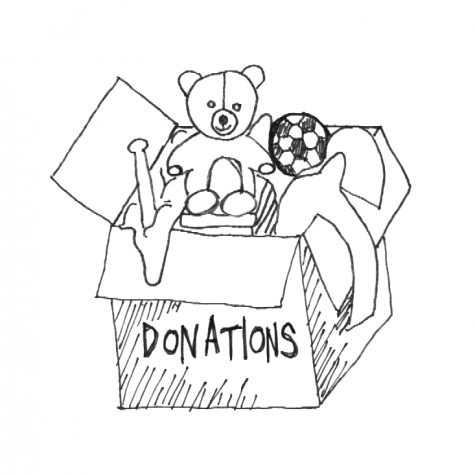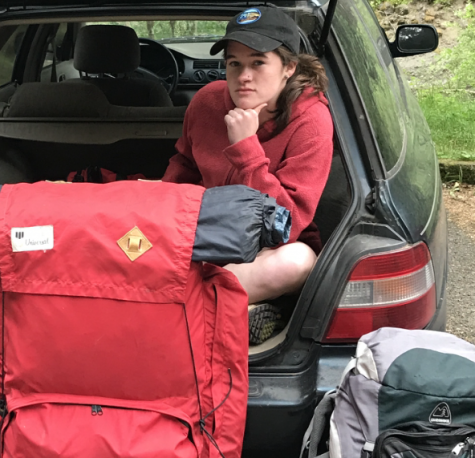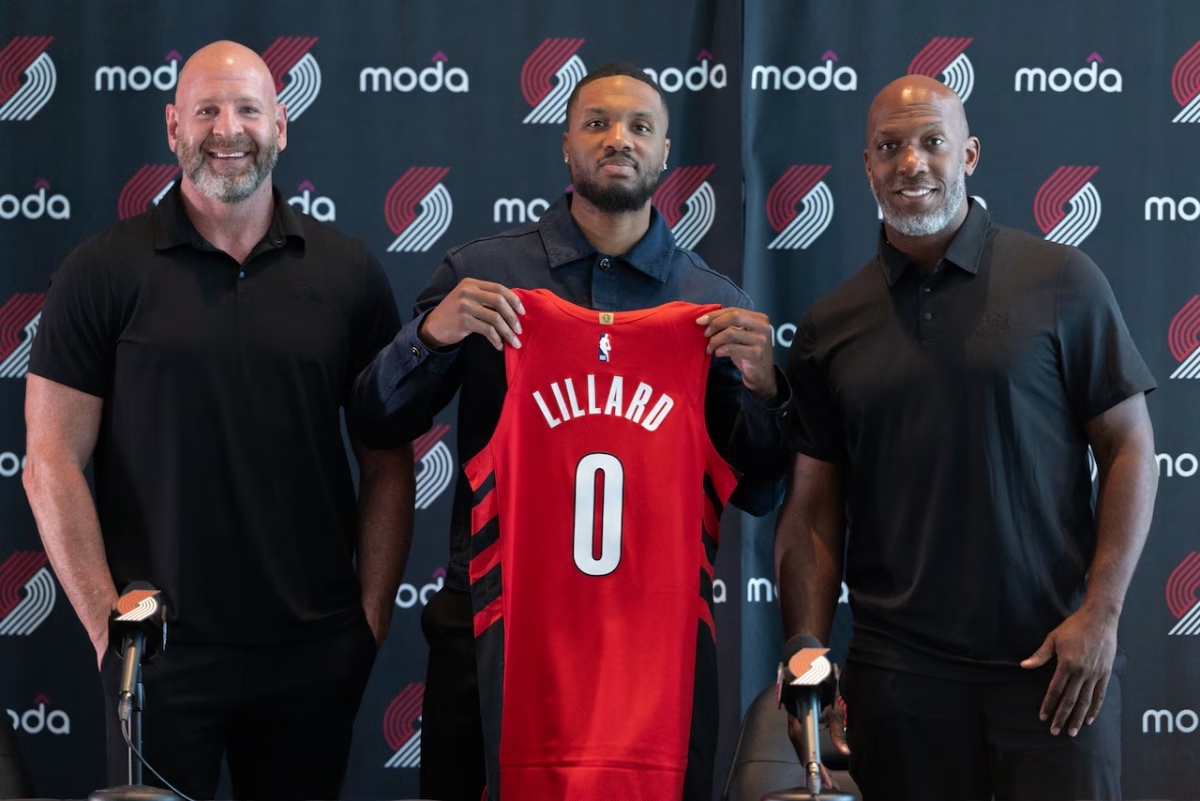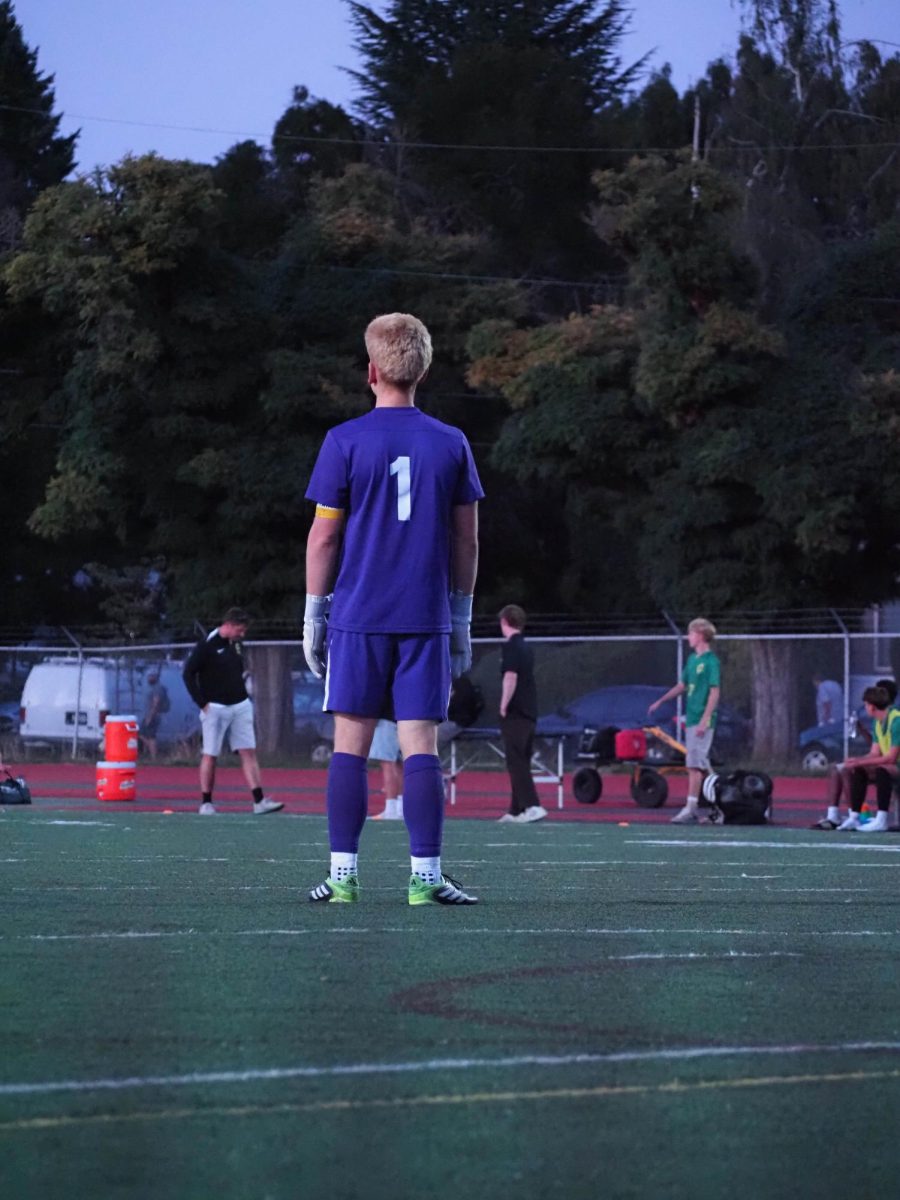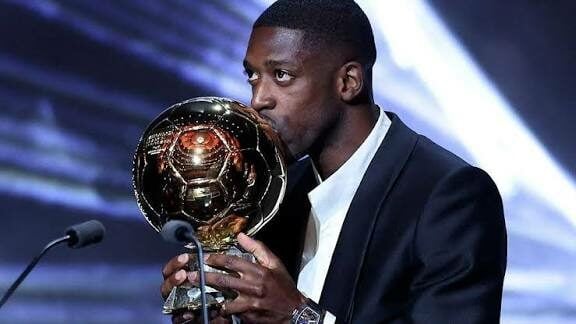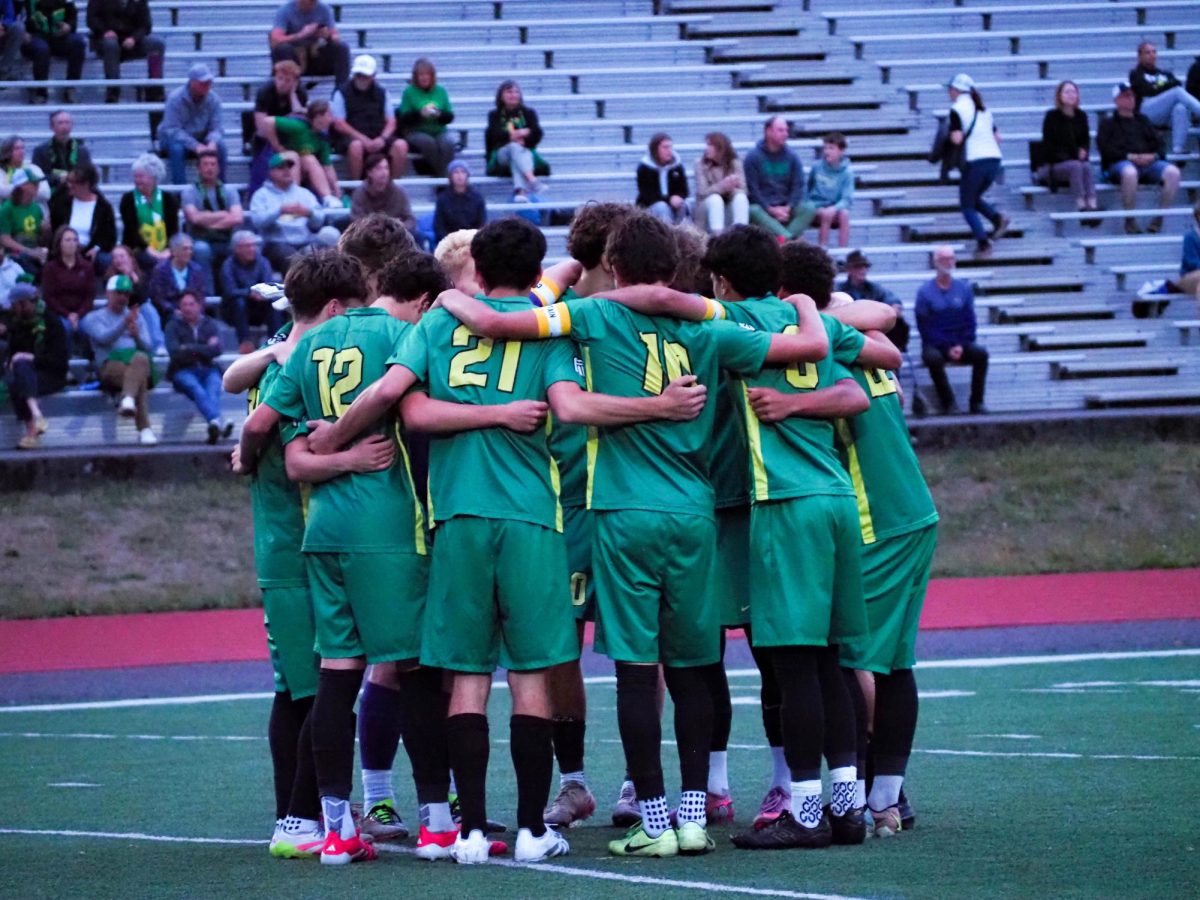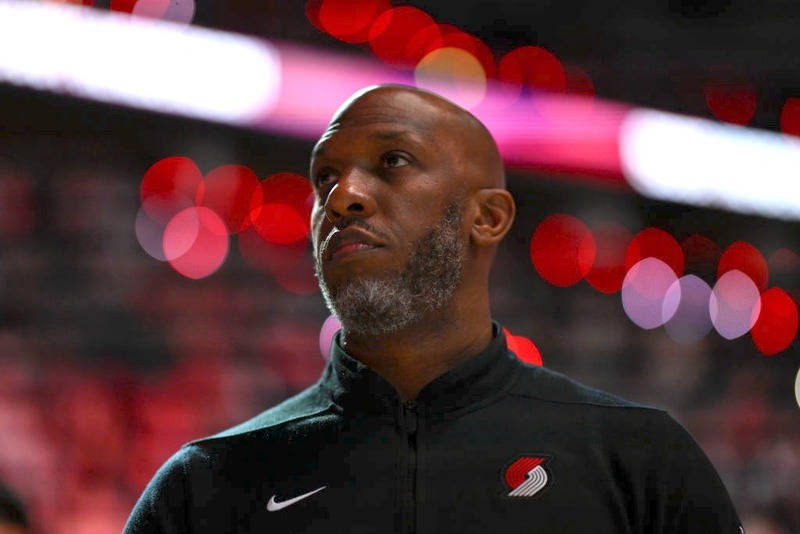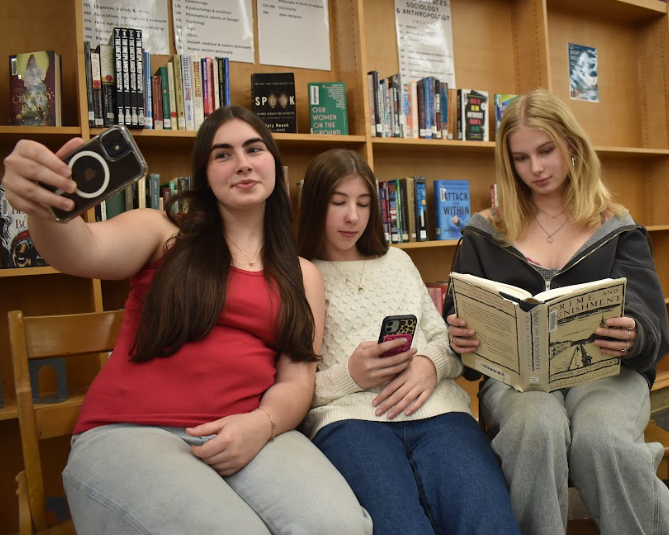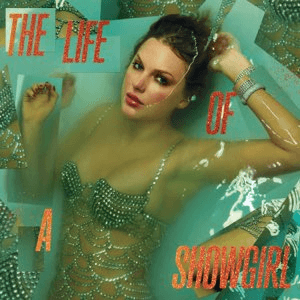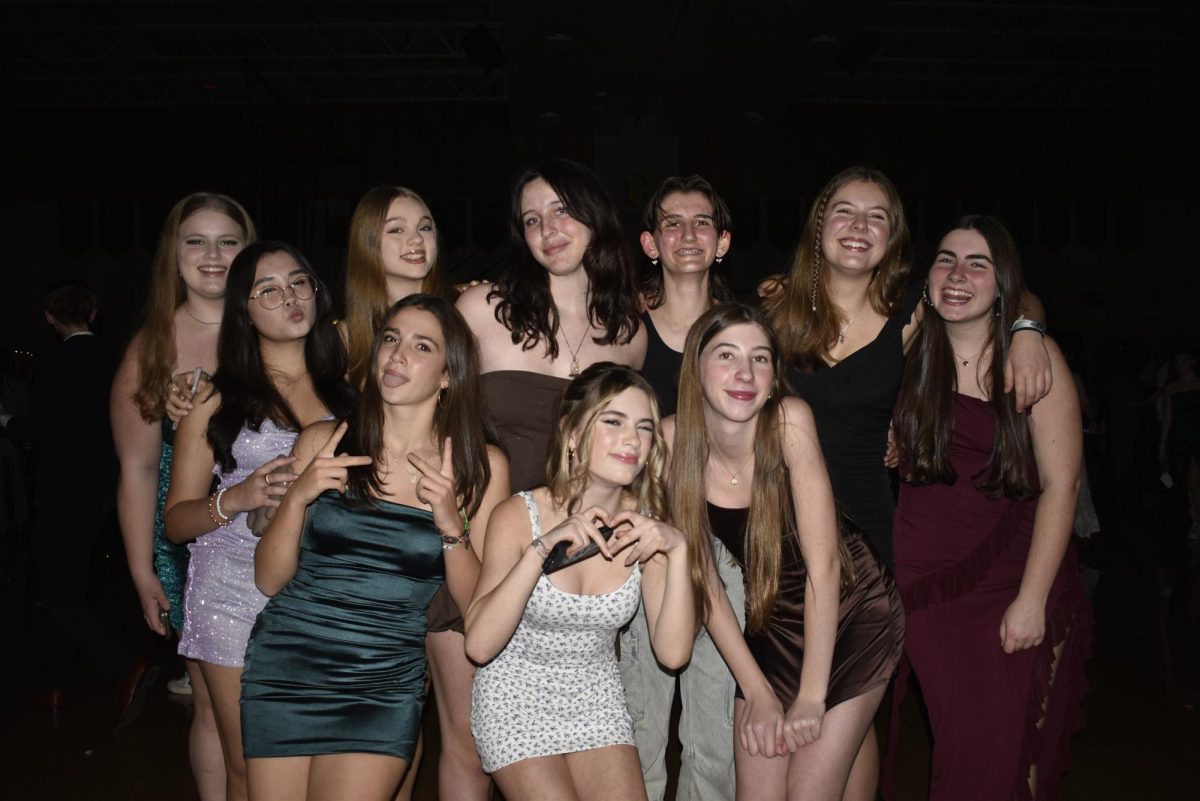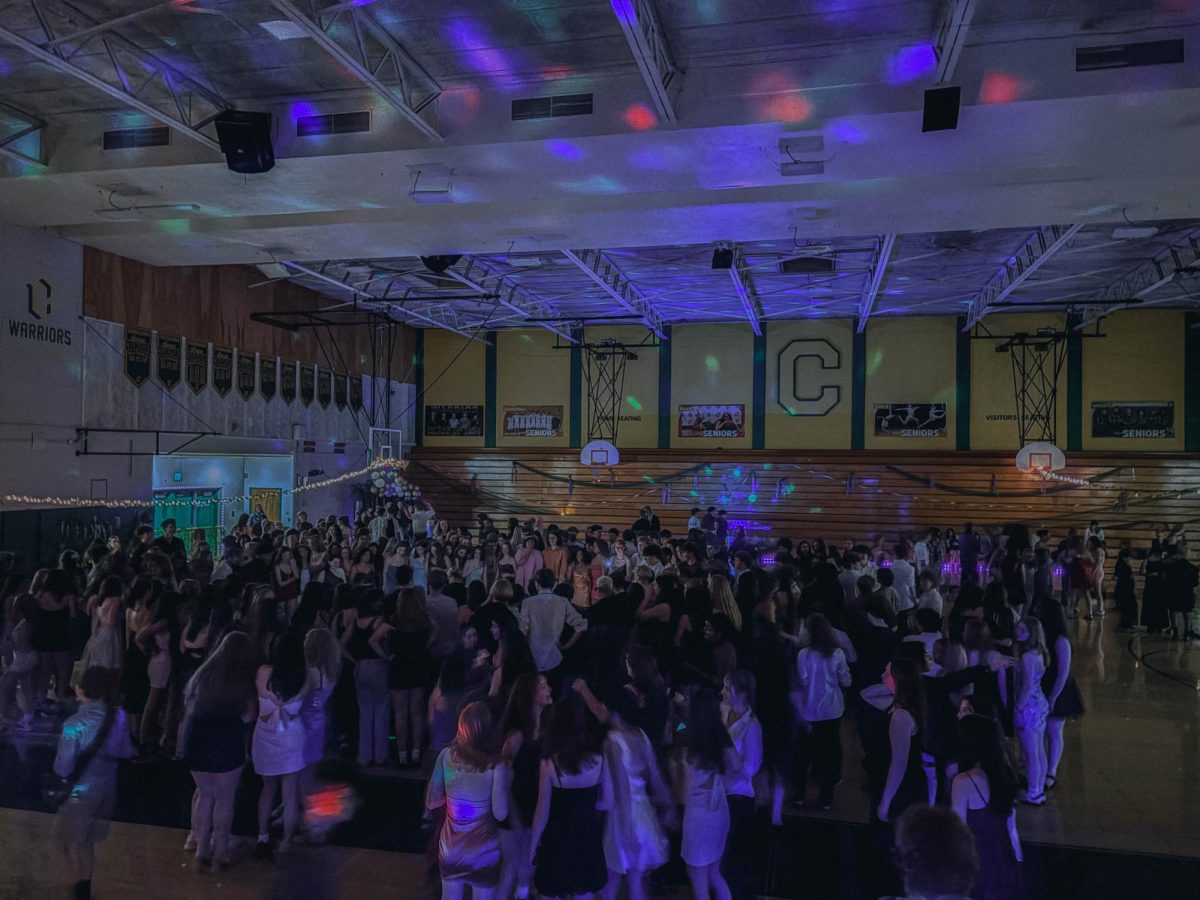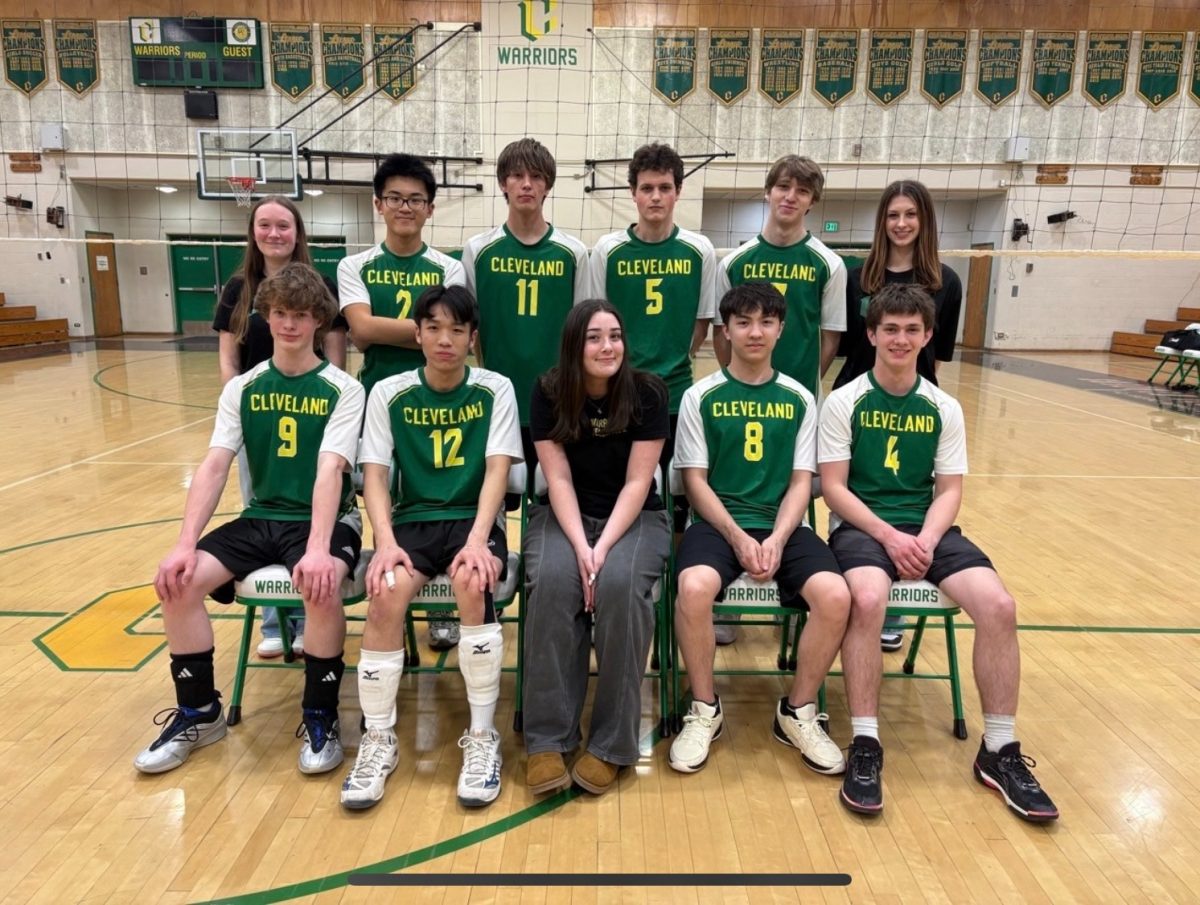Keep it Simple
May 8, 2018
Finally, after a long day of school, you walk into your room. Piles of clothes lay on the floor, the bottom layer forgotten. Books collect dust on their shelf as they become squished against added novels. Old elementary school art and papers sit under the bed, and start to yellow. Funky frames with aged pictures hang crooked on their hooks or flat against the dresser. You stand there, wanting a place to relax, but simply become more overwhelmed by the accumulating junk piling over you.
We have all been there. The mess in my room drove me away from spending time there, and relaxing at all. A year ago, I stumbled upon a documentary on Netflix called “Minimalism: A Documentary on the Important Things.” After watching it, the points and the ideas inspired me to go through all the items I owned and only keep anything I truly needed.
The directors of the film, Ryan Nicodemus and Joshua Fields-Millburn, define minimalism as, “a tool to rid yourself of life’s excess in favor of focusing on what’s important—so you can find happiness, fulfillment, and freedom.” The philosophy behind minimalism is different for everyone, but in my experience, minimalism creates time and space so you can live freely. For example, with a clean room,I have space to relax, and I feel less overwhelmed.
The benefits of minimalism are great, but keeping a minimal lifestyle and getting there is challenging. For example, it can be overwhelming to pull out every item you own all at once. For me, I didn’t think there would ever be an end to going through my stuff because there was so much. Also, going through sentimental items and parting with them is hard in the moment. The overall process of decluttering takes a while depending on how often and diligently you go through stuff. It took me about two weeks of sitting down for 30 minutes to an hour everyday. After minimizing, overcoming impulse buys is another challenge you will face.
However hard minimalism may be, the benefits are great. When you first start decluttering, you will physically feel lighter and it will become easy to get rid of the things that aren’t essential. After the process is over, since every object has a place and you own minimal things, you will never have to pick up your room again. Also, you will save a lot of money because you’re only purchasing necessities. Another benefit of minimalism, at least for me, is that I no longer live in the past and I no longer hold onto items for their sentimental value. I am grateful for the items I possess and content with what I have. Being without clutter grants me freedom to grow and time to do what I value. Instead of cleaning my room, or working to buy stuff I don’t need, I can use that time to play my sport and spend time with friends and family.
A lot of the aspects in minimalism are shown to help people feel free and confident. Studies have demonstrated that money doesn’t buy happiness. For example, one study showed that lawyers who made less money were in fact happier. Some prove that experiences correlate with happiness, not possessions. Several physiological investigations show that less possessions follows a greater self esteem. Also, the simplicity of minimalism creates a calm environment for the brain to relax and provide time for mindfulness.
For further information, the documentary “Minimalism: A Documentary on the Important Things,” and the book “The Life-Changing Magic of Tidying Up” by Marie Kondo are great places to start.“Love people and use things because the opposite never works,” said Ryan Nicodemus and Joshua Fields-Millburn. Overall minimalism reminds us that things are just things, and are not to define us. 